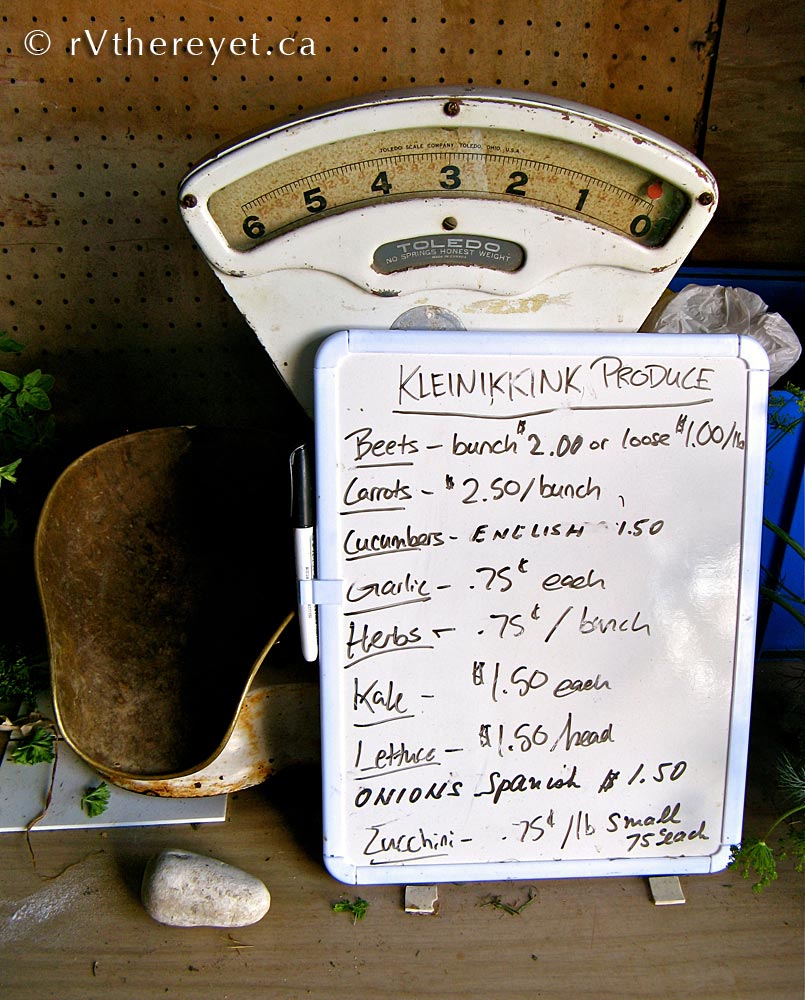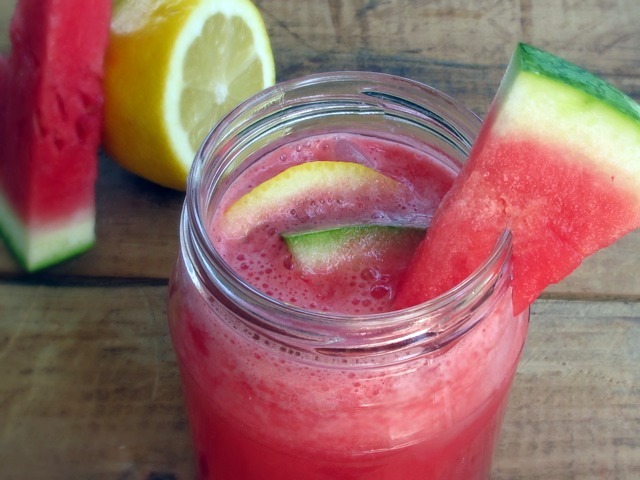Sprouting: A Healthy and Easy Lifestyle Option
One of my favourite tips for healthy eating on the road involves the task of sprouting. Sprouts are real living foods that are abundant in food enzymes, providing exceptional amounts of protein, easily assimilated vitamins A, C and D plus antioxidants, anti-carcinogens, minerals, nucleic acids, plant antibiotics and plant hormones – a whole of lot of stuff which works together to give us amazing health benefits. In fact, sprouts are widely recognized as a ‘wonder food’. As one of the most nutritious foods that exist, sprouts make an exceptional addition to any healthy lifestyle plan. According to Paul Talalay, MD, in the American Cancer Society NEWS, “broccoli sprouts are better for you than full-grown broccoli, and contain more of the enzyme sulforaphane which helps protect cells and prevents their genes from turning into cancer.” From the humble beginnings of a seed, sprouts are incredibly easy to grow and taste amazing. I use a wide-mouth jar closed with screen mesh and a rubber band to secure it closed. Listed below, from the International Sprout Growers Association, are a few ideas on how to serve up sprouts:
- Add to tossed salads
- Sprinkle with nutritional yeast and sunflowers
- Use in coleslaw (cabbage, clover, radish)
- Try in potato salad (mung bean, lentil)
- Try in wraps and roll-ups (alfalfa, sunflower, radish)
- Stir-fry with other vegetables (alfalfa, clover, radish, mung bean, lentil)
- Blend into fruit shakes or juices (cabbage, mung bean, lentil)
- Blend with vegetable juices (cabbage, mung bean, lentil)
- Replace celery in sandwich spreads (lentil, radish)
- Mix with soft cheeses for a dip (mung bean, radish)
- Grind up and use in sandwich spreads (lentil, radish)
- Top grilled cheese sandwiches after grilling (alfalfa, clover)
- Stir into soups or stews when serving (mung bean, lentil)
- Mix into pancake or waffle batter (buckwheat)
- Eat them fresh and uncooked in a sprout salad (salad mixes)
- Top omelet or scrambled eggs (alfalfa, clover, radish)
- Combine in rice dishes (fenugreek, lentil, mung bean)
- Add to sushi (radish, sunflower)
- Saute with onions (mung bean, clover, radish)
- Puree with peas or beans (mung bean, lentil)
- Add to baked beans (lentil)
- Steam and serve with butter (mung bean, lentil)
- Use in sandwiches instead of lettuce (alfalfa, clover, radish)
Here’s a lovely recipe to perhaps spice up your salad routine!
Delicious Healthy Bean Sprout Salad
- 2 cups sprouts
- 3 grated carrots
- ¼ cup chopped walnuts
- ¼ chopped red onion
Dressing
- 1/3 cup olive oil
- 2 tbsp white balsamic vinegar
- 1 tsp whole grain mustard
- ½ tsp salt
Whisk up the dressing, pour it on the salad and mix it up. Serve on a leaf bed of lettuce or cabbage.
Click here for the document handout which I extended to those at the Alumapalooza workshop on “Healthy Living on the Road”. Also, download this document on the health benefits of sprouts, as put out by the ISGA.


One of the concerns of late about sprouting has been the concern about contamination. Here’s a great article from the University of California that addresses food safety. And here are some great tips from the nurtureyourown.com blog on growing your own sprouts:
1. Use certified organic seeds.Organic certification means that the seeds were grown and handled in such a way that minimizes possible sources of contamination.To cite one example, manure used on organic fields must be composted for a long period of time. Composting reduces or get rids of pathogens in manure. Furthermore, licenced organic farmers are required to use rodent and bird proof storage for seeds meant for sprouting or eating. As far as I know, organic sprouting seeds have not been implicated in any outbreak of food poisoning.2. Consume same day after harvestingBest to eat the sprouts on the same day they are picked. However, if you can’t finish them all, pack them in a box and refrigerate them. Treat sprouts and foods containing sprouts just as you would any food – refrigerate until use.Generally, some common sense precautions and good cleanliness habits will go a long way to ensuring that you will enjoy a healthy diet. This applies not just to sprouts, but also to any other raw foods that you take, for example: salads, fruits and nuts.
Additionally, here’s a great video on how-to grow your own sprouts.
As a safety side-note, it is still advised that people with weakened immune systems, the elderly and children not eat raw sprouts. If there is a concern, consult a doctor or health practitioner.

